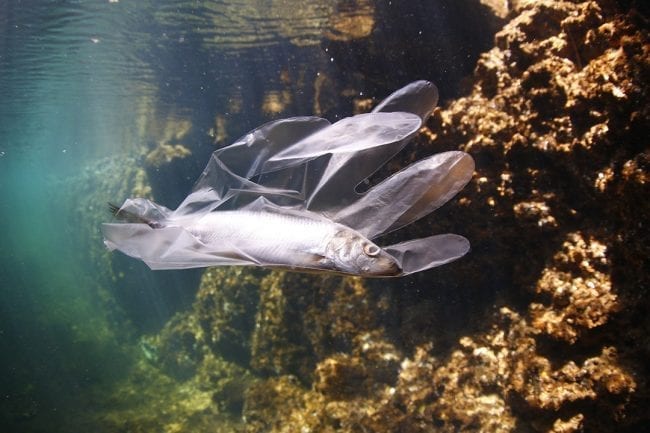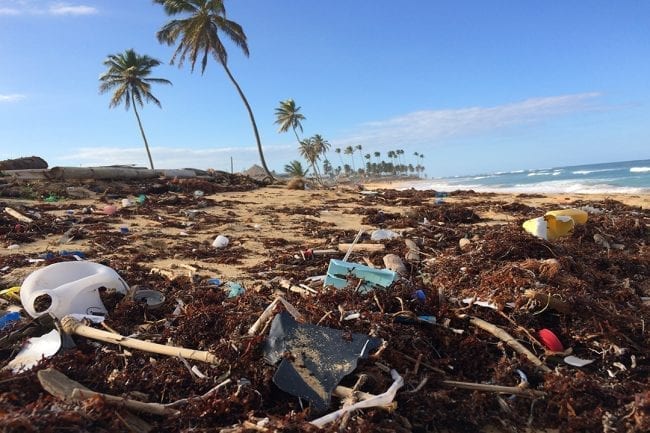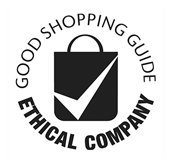Pandemic is no excuse to give up our fight against single-use plastic
How Covid-19 has impacted the war on plastic
We’re calling on the government, big businesses and each and every one of us to hold on to our commitments to reduce single-use plastic. The war against plastic pollution is far from over.
Swans in Venice
In the early months of the Covid-19 pandemic we were shown lovely pictures of swans and dolphins swimming in the canals of Venice (as we know, they were fake! ) and kangaroos hopping through the empty streets of Adelaide in Australia. There were hopeful noises about how the pandemic could give our planet a break, and for nature to ‘bounce back’. The carbon emissions were down with the global shutdown and air travel ground to halt.
However, it wasn’t long until it became clear that the lockdown barely made a dent in our carbon emissions. The 2020 emissions are expected to be down around 6-8% and while this is a historic high, it’s nowhere enough to slow down the climate change. In fact, to limit the global warming to 1.5°C, the emissions would need to drop at least 7.6% every year – until 2050.
The UN is calling for us all to close the ‘commitment gap’ between what we say we will do and what we need to actually do to prevent dangerous levels of climate change. We can’t afford to wait. The governments and businesses need to address the climate emergency and the pandemic at the same time.
Plastic is back – with vengeance
The many unknowns around the pandemic have made times ripe for misinformation. We’ve been frightened, confused and uncertain. Even scientists were unclear about the risks and how exactly the virus spread. There was, and still is, conflicting advice all over the internet. But one thing was clear: we needed to up the hygiene.
The sales of bleach, plastic gloves and disposable face masks went through the roof. Coffee shops stopped accepting reusable cups and pubs started serving beer from single-use plastic cups even before the lockdown.
In the US, some states banned the use of reusable bags in supermarkets out of fear that taking them to shops and then back home again may spread the virus. In the UK, the government suspended the 5p charge for plastic bags used in online grocery deliveries.
We now know that the fundamental thing to avoid the spread of the Covid-19 is to sanitise surfaces and wash your hands “like you’re washing Jason Momoa”.
But single use plastic has made a strong comeback.

PPE – a new threat to our oceans
Gloves, masks and other personal protective equipment (PPE) are critical for those working on the frontline, but they are also widely used by the public. They are often single-use, and unfortunately, we can now find them littering our streets and beaches.
The wildlife experts are already talking about the horrendous consequences this is having for our oceans and to animals living in them. Plastic gloves can end up in the bellies of sea turtles and with sea birds and crabs being tangled up in facemask straps.

Reusables as safe as disposables when used correctly
The scientific community has been working hard to bring us some clarity surrounding Covid-19. On June 22nd, more than 100 scientists from 18 countries, released a statement reassuring the public that reusable containers can be used safely by employing basic hygiene.
The Environmental charity City to Sea, which Mooncup Ltd is a partner of, has started a #contactlesscoffee campaign to encourage businesses to bring reusables back. City to Sea are deeply concerned about the plastic industry lobby trying to use the pandemic as a reason to push their agenda.
Exploiting our fears to reset the clock on plastics
Europe is set to ban single-use plastics in 2021, but the packaging industry is lobbying to delay the ban claiming that the ban will compromise our hygiene. The UK government has already delayed the ban on plastic straws, stirrers and cotton buds due in April 2020, saying it wants to “avoid additional burden” on businesses already struggling. Many of the measures resorting back to single-use plastic are meant to be temporary. How long temporary is remains to be seen.
What can you do to fight against single-use plastic?
- Share this blog and spread the word!
- Rethink periods and switch to the Mooncup® menstrual cup. Menstrual products such as tampons and pads are the fifth most common item found on Europe’s beaches – more common than single use cups, cutlery or straws. Just one of us will use more than 11,000 disposable sanitary products in a lifetime, which end up in the sea or landfill. You only need one Mooncup – it’s plastic free, made in the UK and lasts you years and years. £1 from every Mooncup® sold goes to environmental non-profit City to Sea. You can also sign Ella Daish’s petition to make all period products plastic free.
- Take the Plastic Challenge this July to help to stop the plastic pollution. You could switch to reusable bottles, make a promise to avoid plastic food packaging, or even try to cut single-use plastic out for the whole month – and beyond!
- Support City to Sea’s #ContactlessCoffee campaign by sharing their video and asking your local cafes and takeaways to take action.
- Don’t trust the corporate greenwashing! Look to support truly ethical companies. Be vigilant around misleading claims and labels, including at times ‘bio’, ‘organic’ or ‘certified’. Not even menstrual cups are always what they appear to be at first glance. For example, a silicone menstrual cup can’t be ‘organic’ as organic matter is made up of carbon. Therefore, it is impossible to have an ‘organic’ silicone menstrual cup.
- Challenge your school, workplace, council or government to reduce single-use plastic.
- If you can, donate to an environmental charity, such as Marine Conservation Society, City to Sea, Ocean Conservation Trust or Greenpeace.
Read more on the Mooncup Blog:
City to Sea x Mooncup – £1 from every Mooncup® sold goes to environmental non-profit City to Sea.
Mooncup Organises Beach Watch on Behalf of Marine Conservation Society
How is the Mooncup® menstrual cup environmentally friendly? 10 reasons
8 Menstrual Cup MYTHS To Look Out For
How to give up plastic – 5 things to keep in mind





